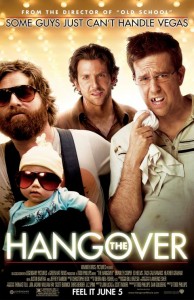On Friday we comb through our extensive archives to find an older article that we feel deserves another look. From July 12, 2010, Dungeon’s Master once again presents: Confessions of a D&D Camp Counselor.
I have a great job, I’m a counselor at D&D camp, which is to say that I have the best job ever. I don’t mean to gloat, but my time as a D&D counselor has been incredibly enjoyable and I’m sure if you read along you’ll share in the fun of the last week.
Before camp began, I spent a week learning about how to spot child abuse (very important!) and care for kids. Before I met the kids I went over to the camp director’s house in the middle of a Sunday afternoon. Myself and the other counselors met up and we played some D&D; I taught the old schoolers how to play 4e, while the director of the camp gave me a refresher on how to play 3.5e. After four hours of being paid to play D&D and think up campaign ideas it was time to get ready for the first day of camp.
